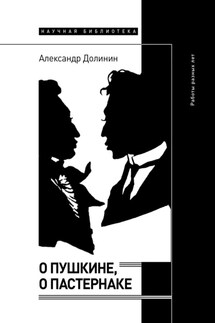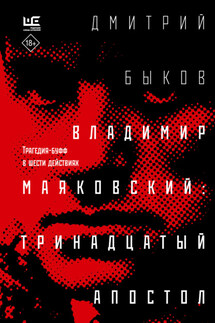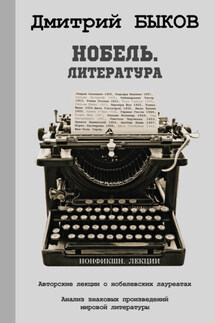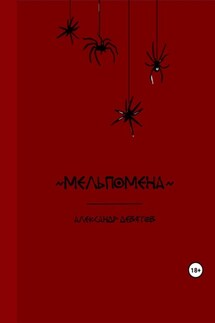THE HARP
I was a wild and wayward boy,
My childhood scorned each childish toy;
Retired from all, reserved and coy,
To musing prone,
I wooed my solitary joy,
My Harp alone.
My youth with bold ambition’s mood
Despised the humble stream and wood
Where my poor father’s cottage stood,
To fame unknown; —
What should my soaring views make good?
My Harp alone!
Love came with all his frantic fire,
And wild romance of vain desire:
The baron’s daughter heard my lire
And praised the tone; —
What could presumptious hope inspire?
My Harp alone!
At manhood’ s touch the bubble burst,
And manhood’ s pride the vision curst,
And all that had my folly nursed
Love’s sway to own;
Yet spared the spell that lulled me first,
My Harp alone!
Woe came with war, want with woe,
And it was mine to undergo
Each outrage of the rebel foe: —
Can aught atone
My fields lay waste, my cot laid low?
My Harp alone!
Ambition’s dreams I’ve seen depart,
Have rued of penury the smart,
Have felt of love the venomed dart,
When hope has flown;
Yet rests one solace to my heart, —
My Harp alone!
Then over mountain, moor and hill,
My faithful Harp, I’ll bear thee still;
And when this life of want and ill
Is wellnigh gone,
Thy strings mine elegy shall thrill,
Наконец, у Вордсворта (которого Пушкин, по воспоминаниям С. П. Шевырева, читал тогда по-английски94) «шотландская строфа» появляется в связи с Робертом Бернсом – в моралистическом послании к сыновьям последнего «To the Sons of Burns, after Visiting the Grave of Their Father», входившем в цикл «Стихи, сочиненные во время путешествия по Шотландии» («Poems written during a Tour in Scotland»95). Приведем его в ранней, короткой редакции 1807 года:
Through twilight shades of good and ill
Ye now are panting up life’s hill,
And more than common strength and skill
Must ye display;
If ye would give the better will
Its lawful sway.
Hath Nature strung your nerves to bear
Intemperance with less harm, beware!
But if the Poet’s wit ye share,
Like him can speed
The social hour – of tenfold care
There will be need.
For honest men delight will take
To spare your failings for his sake,
Will flatter you, – and fool and rake
Your steps pursue;
And of your Father’s name will make
A snare for you.
Let no mean hope your souls enslave;
Be independent, generous, brave;
Your Father such example gave,
And such revere;
But be admonished by his grave,
Если «шотландская строфа», как мы предполагаем, пришла к Пушкину не через Барри Корнуола, а через Бернса, Вальтера Скотта или Вордсворта, то он не мог не почувствовать ее «местный колорит», ее связь с тем легендарным миром шотландских гор, который был ему знаком по вальтер-скоттовским романам. Этим, вероятно, и объясняется тот факт, что Пушкин опробовал новую для русской поэзии форму в стихотворении на кавказские темы. Ведь русским романтическим сознанием Кавказ воспринимался как отечественный аналог горной Шотландии, воспетой поэтами Highland – экзотической страны суровой, величественной природы, свободолюбивых непокорных племен и, главное, красочных преданий, легенд, мифов. Собственно говоря, эффектная картина горного обвала изображена у Пушкина в легендарном плане, с противопоставлением непосредственно воспринимаемого настоящего воображаемому прошлому. Поэт сквозь «волнистую мглу» смотрит на








